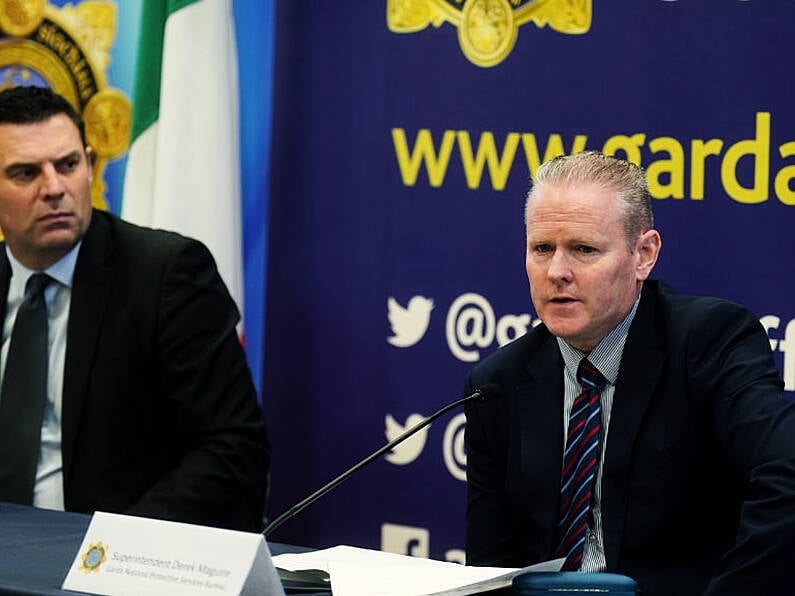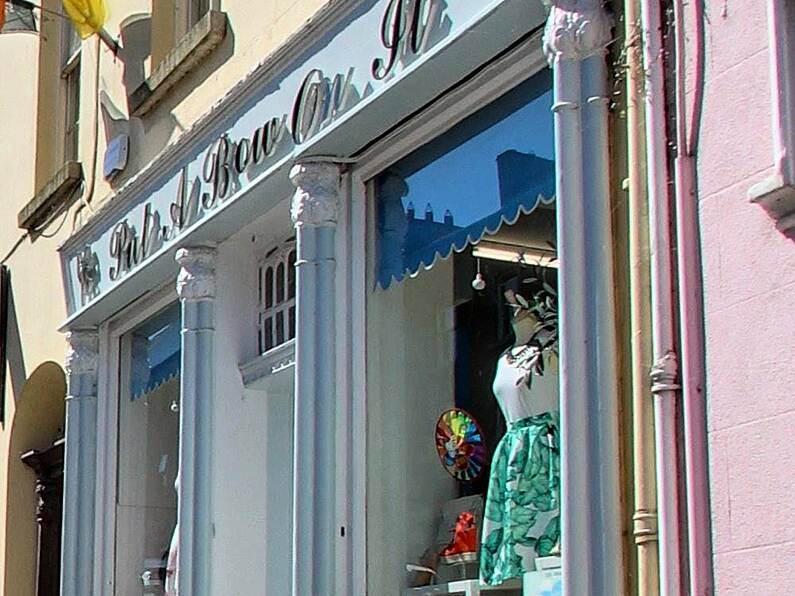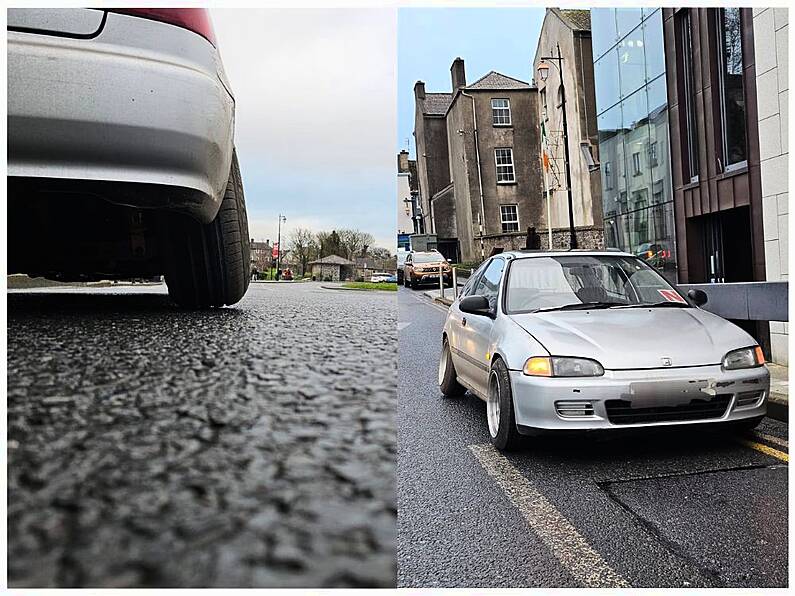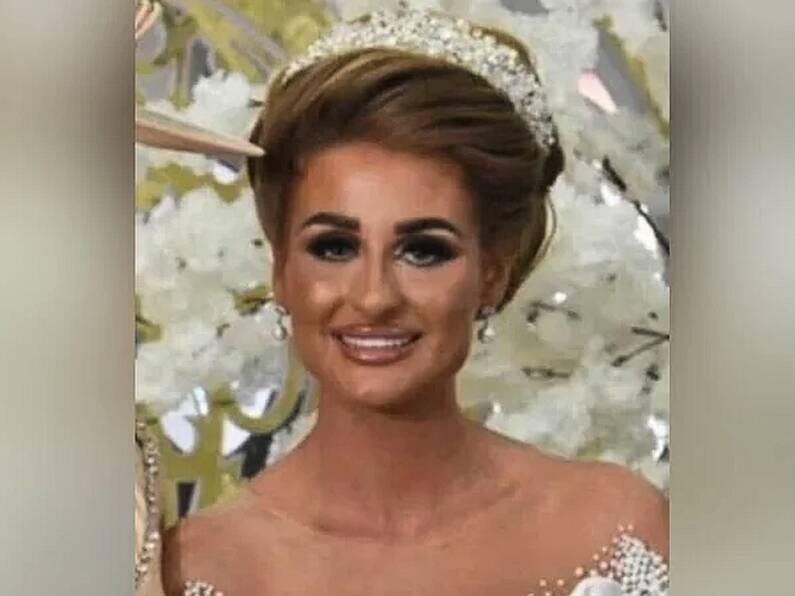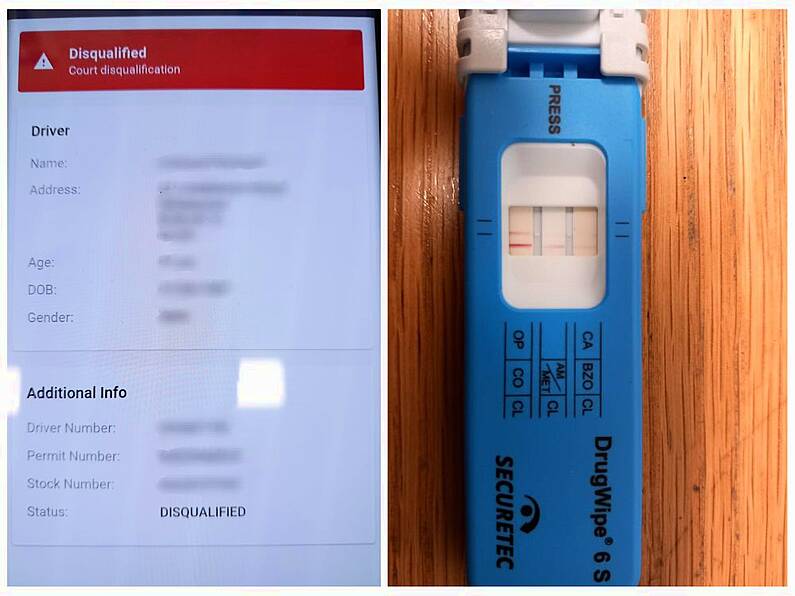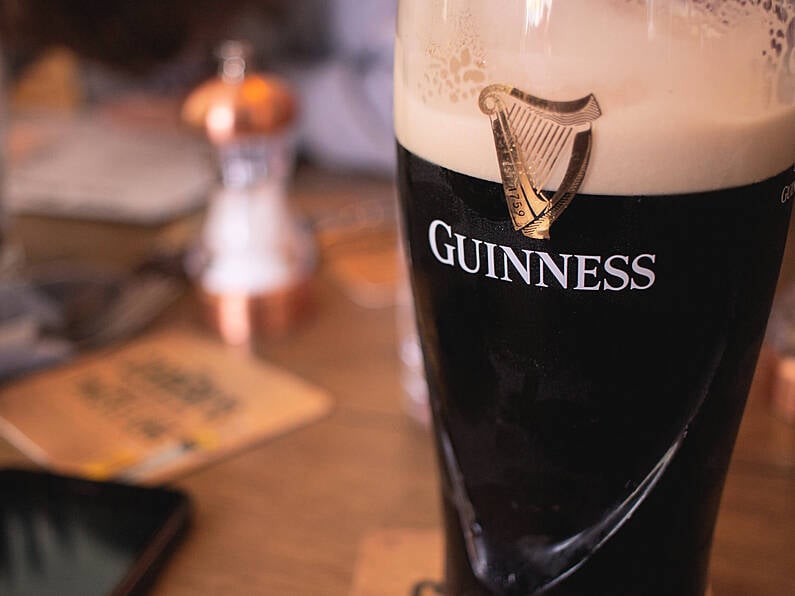By Cate McCurry, PA
Gardaí said they are stepping up efforts to tackle human trafficking across the country, after it carried it out two days of action targeting crime gangs.
Properties in Dublin, Waterford, Cork, Kerry, Limerick, Longford, Galway, Kildare, Donegal and Louth were searched.
As part of the operation, 46 people were identified as having allegedly purchased sexual services from an individual involved in prostitution.
The search comes after a group of experts at the Council of Europe expressed concern about the number of human trafficking convictions in Ireland in September.
The Group of Experts on Action against Trafficking in Human Beings (Greta) said the number of trafficking victims fell from 103 in 2017 to 44 in 2021.
Detective Superintendent Derek Maguire, of the Garda National Protective Services Bureau (GNPSB), said that while gardaí are currently working with similar figures this year, he believes there are more victims in Ireland.
Det Maguire said the two days of action predominantly targeted the purchases of sex and carrying out safeguarding checks on people involved in the sex industry.
“We carried out 65 safeguarding visits with a view to eliminating the possibility of sexual exploitation and during those safeguarding visits we talked to and gave advice to 112 individual sex workers,” he added.
“During the two days we also executed five search warrants in relation to the organisation of prostitution.
“Some 3,000 euros was seized from one individual and 500 dollars in cash from a man in the south-eastern region of the country who was suspected of being involved in organised prostitution.”
He said that following the raids, a number of women contacted gardaí to report their concern for other sex workers.
Det Supt Maguire said that those involved in trafficking were predominantly from international gangs.
“We find that the organised crime gangs that we are identifying are trafficking people from their own country. That seems to be the trend, but it is generally transnational and foreign nationals,” he added.
People, mostly women, but also some men and transsexuals, are trafficked from Africa, South America, Eastern Europe and Asia to Ireland.
Det Supt Maguire said that while the problem has always “been bad”, gardaí is now recognising the issue more and working closely with partners in the US, Europe and Asian countries.
“It’s becoming more recognised in law enforcement, and indeed, in governments worldwide. It is a huge problem,” he added.
“It’s not that it’s gotten any better or worse. It’s always been there, but we’re starting to recognise it and we’re carrying out more complex investigations now identifying victims.
“I think there’s more victims out there than are being recognised or being identified.
“Sometimes victims don’t know themselves that they’re victims because it may be normal, particularly in labour exploitation.
“That’s the message that we try to get out there that if something isn’t right, and your identity documents are being controlled or your finances are being controlled, it’s like you may be a victim of trafficking.
“If they are victims of trafficking, they can be moved from one brothel to another around the country.
“People have moved to eight or nine different counties around the country.
“Sometimes all their finances are taken, sometimes it’s half, but a figure is usually given to them that they have to pay the trafficker back before they can be released.
“So it continues to go on and on. It’s like debt bondage really.”
Meanwhile, Detective Chief Superintendent Colm Noonan, from the Garda National Protective Services Bureau, said that gardaí launched 16 days of activism which will run until December 10th.
Speaking from garda headquarters in Phoenix Park, Dublin, he said: “Throughout this period, we are reaching out in 16 languages, including Irish sign language to communities across Ireland.
“We’re offering the support, reassurance and protection to victims of domestic, sexual and gender-based violence.
“Our members are absolutely committed to combating that crime. We are here to listen, we’re here to protect and we’re here to prosecute those who perpetrate those crimes.
“We’re committed to combatting all forms of domestic sexual and gender based violence.
“So throughout the period of the 16 days, we’re going to be conducting operations focused on three main areas of domestic abuse, sexual crime investigations and human trafficking investigations.”
